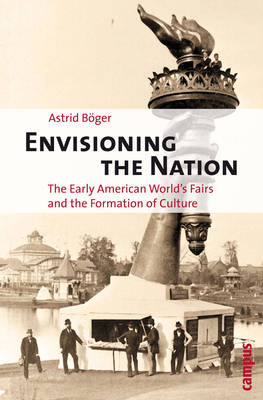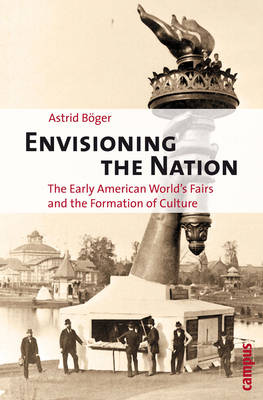
- Retrait gratuit dans votre magasin Club
- 7.000.000 titres dans notre catalogue
- Payer en toute sécurité
- Toujours un magasin près de chez vous
- Retrait gratuit dans votre magasin Club
- 7.000.0000 titres dans notre catalogue
- Payer en toute sécurité
- Toujours un magasin près de chez vous
Envisioning the Nation
The Early American World's Fairs and the Formation of Culture
Astrid BögerDescription
The World's Fairs staged in the United States in the nineteenth and early twentieth centuries showcased world cultures in peaceful competition and cooperation. But as Astrid Böger shows in Envisioning the Nation, at the same time the fairs played important roles in the growth of nationalism and American exceptionalism, subtly recasting world history from an American point of view and thus laying the groundwork for American dominance in the twentieth century. Drawing on studies of the fairs' architecture, sites, and scientific and cultural displays, as well as contemporaneous literary works that dealt with the fairs, Böger paints a richly contextualized portrait of these influential spectacles of national culture.
Spécifications
Parties prenantes
- Auteur(s) :
- Editeur:
Contenu
- Nombre de pages :
- 321
- Langue:
- Anglais
Caractéristiques
- EAN:
- 9783593387901
- Date de parution :
- 15-03-11
- Format:
- Livre broché
- Format numérique:
- Trade paperback (VS)
- Dimensions :
- 140 mm x 211 mm
- Poids :
- 439 g

Les avis
Nous publions uniquement les avis qui respectent les conditions requises. Consultez nos conditions pour les avis.






